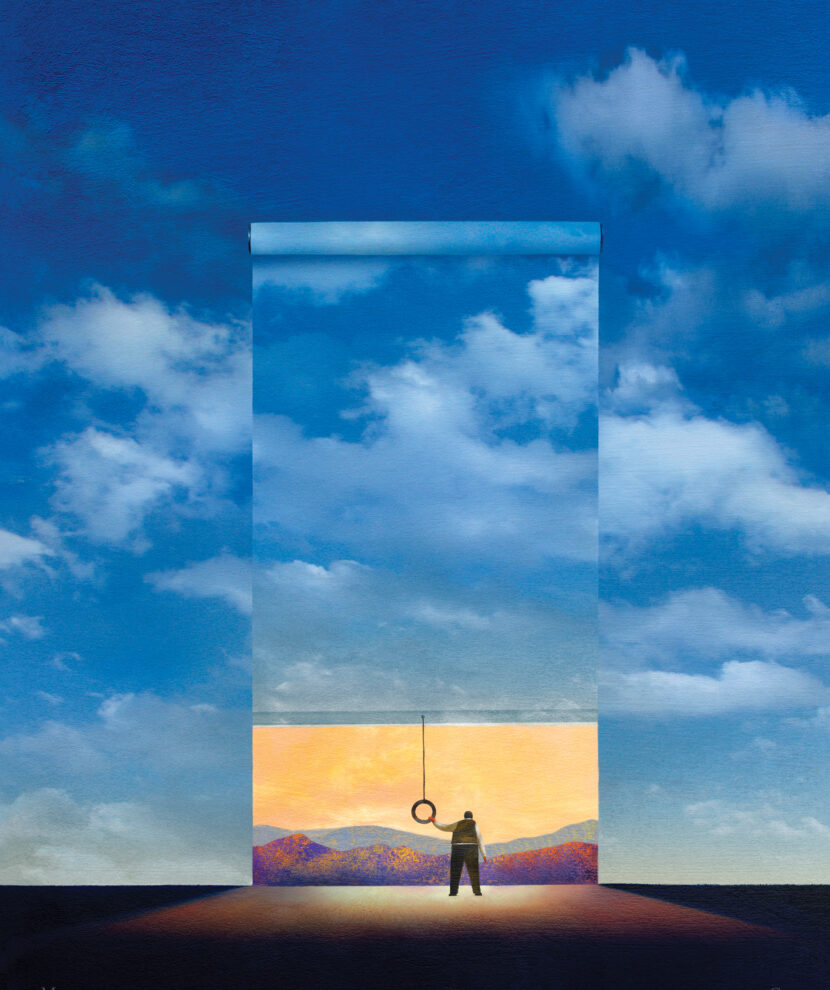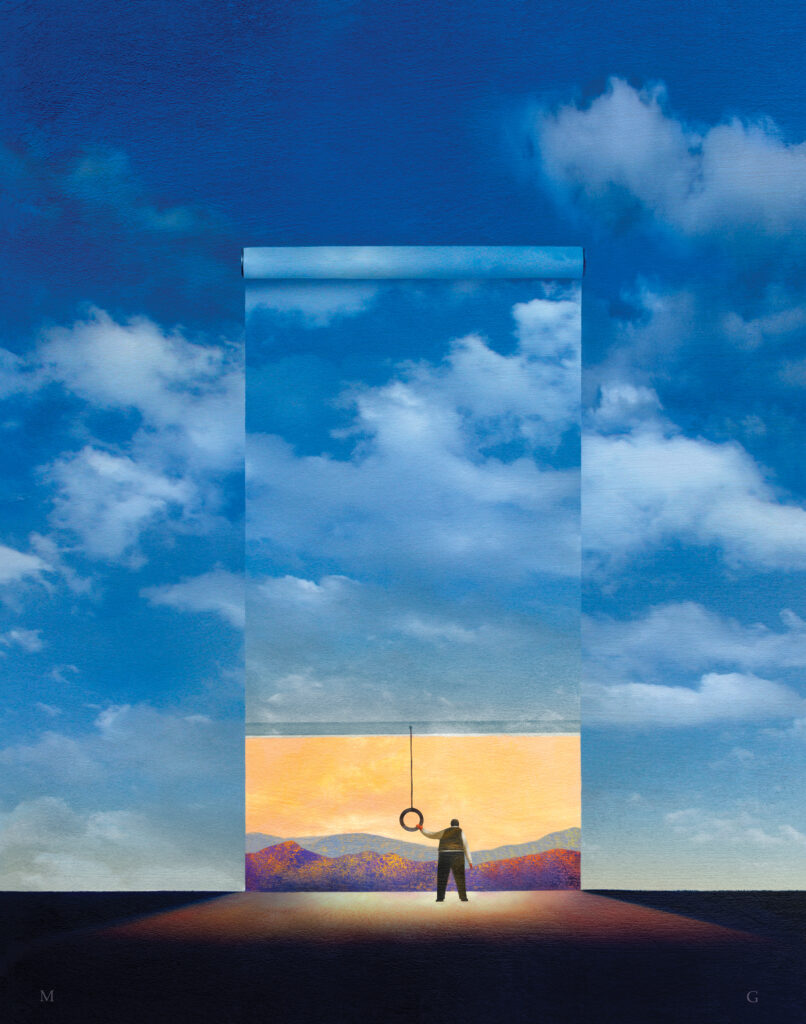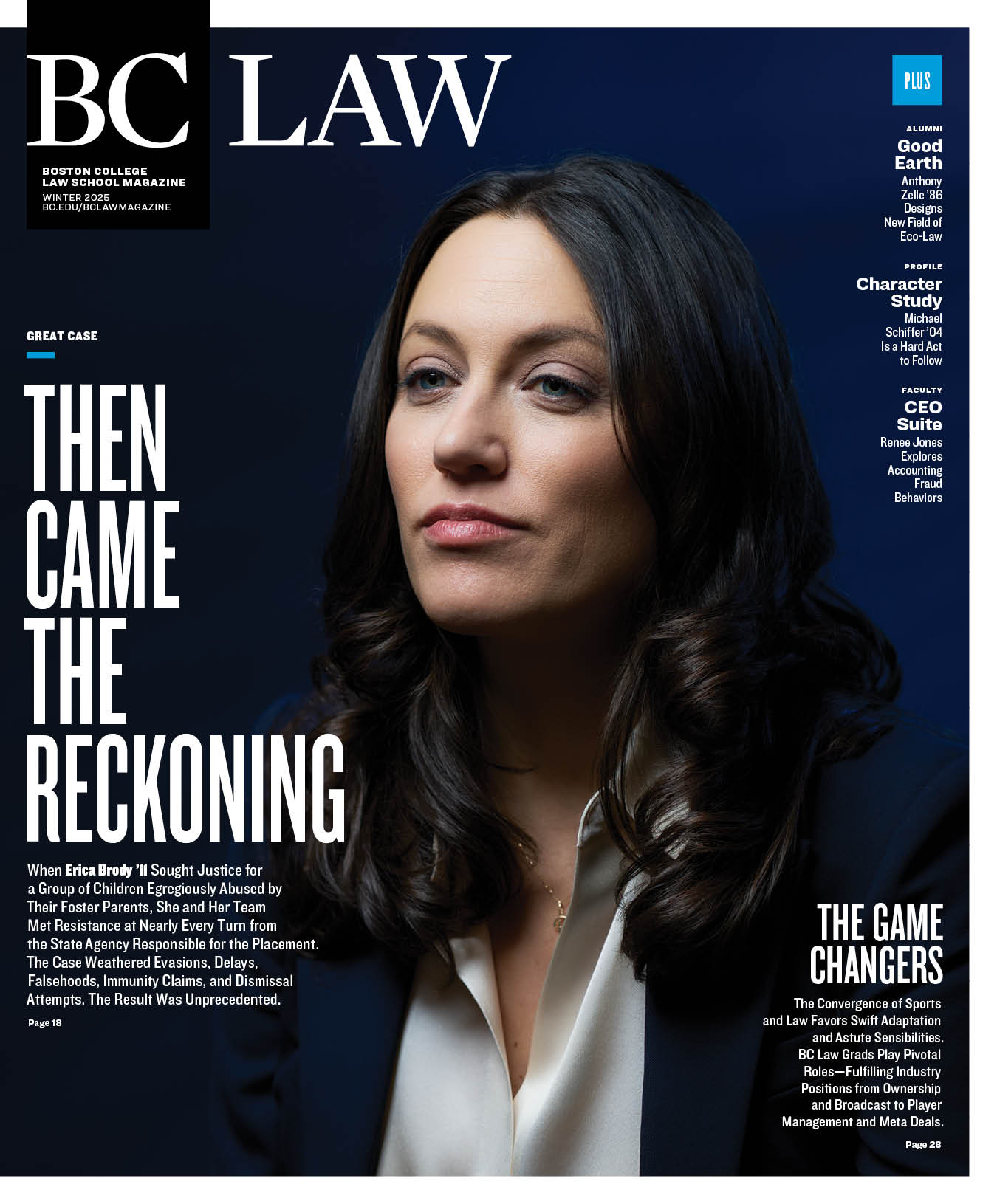Growing up in Ramona, California—a small, secluded, and dust-strewn town tucked into the hinterlands of San Diego County—I was acquainted with rhythms and cycles natural to a certain way of life. Among these were the hums of the morning commute, of pickup trucks leaving in the morning for their daily pilgrimages, only to return in the evening to start over again the next day. For most, this is the cycle that defines Ramona—the departure and the inevitable return, week after week, year after year, generation after generation.
This too, was the cycle that defined my family. I was born and raised in Ramona, just like my father before me. I was born and raised in Ramona, the son of a first-generation American, the grandson of two Mexican immigrants who settled in Ramona in their late-teens with little to their name. I was born and raised the proverbial and vaunted embodiment of my family’s hopes and dreams.
As all three generations of my family ventured outside of Ramona and glanced at horizons just beyond the town’s borders, the gravitational pull of this cycle wrenched them back in. And just like that, the cycle repeated. With each iteration, a certain impression of reality solidified in my family’s psyche—fortified by structural barriers and generational burdens, this cycle defined the limits of what I could imagine being and doing.
So, as I navigated my upbringing and found success in both athletics and academics, I began to represent what lay just beyond the cycle. I began to embody a rupture in the cycle, an opportunity to break through and to break free.
And thus, at eighteen years old, I left Ramona. First as a student at the University of Chicago, and then as a teacher on Chicago’s Near-West Side, I entered the orbit of new cycles. I met new families with experiences that were both similar and divergent from my own. In the process, I began to view the journey away from my hometown and my family, not merely as a departure from the cycles of my upbringing, but also as an opportunity to investigate and transform them.
This is ultimately what led me to law school. I wanted a sense for the way law structures; how it provides opportunities for some while reinforcing cycles for others. I found during my 1L year, however, that the rigors and structure of law school itself diverted my focus. The law wasn’t simple. The rules and tests I encountered weren’t a direct explication of how these cycles were formed and maintained, but rather, another field of ideas unto itself. Through my 1L classes I developed tools to read the law, but I still yearned for the opportunity to investigate it.
The ambivalence I carried from 1L faded as I found the opportunity to study new topics during my 2L year. Emboldened by the passion and intellectual fervor of my professors, I turned my focus toward studying, as one professor called, “what flowsthrough the law.” What ideas lurked beneath it? How were these ideas being articulated and contested? Through engaging with how the law facilitates a certain version of the world, I’m now only beginning to understand how it could be wielded to create new versions.
I’ve reconciled with the fact that I’ll never shake the cycles that forged me. But now, when I reflect on my upbringing—on the cycles that defined my life and the lives of so many others—I am grounded with a sense of purpose. What animates me now is not a desire to break free from these cycles and never return, but rather, to transform these cycles, and to explore new cycles through the structure of the law.
Marco Cobian is the executive articles editor of Boston College Law Review.




